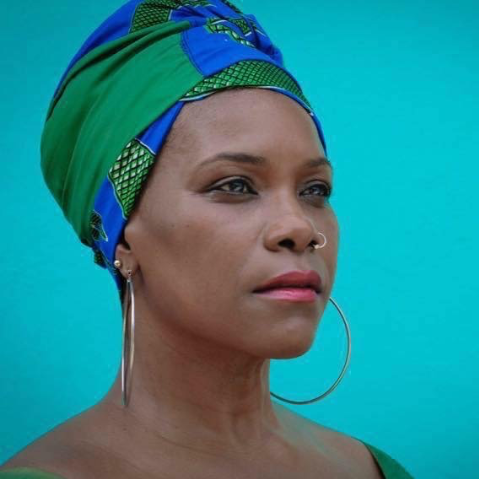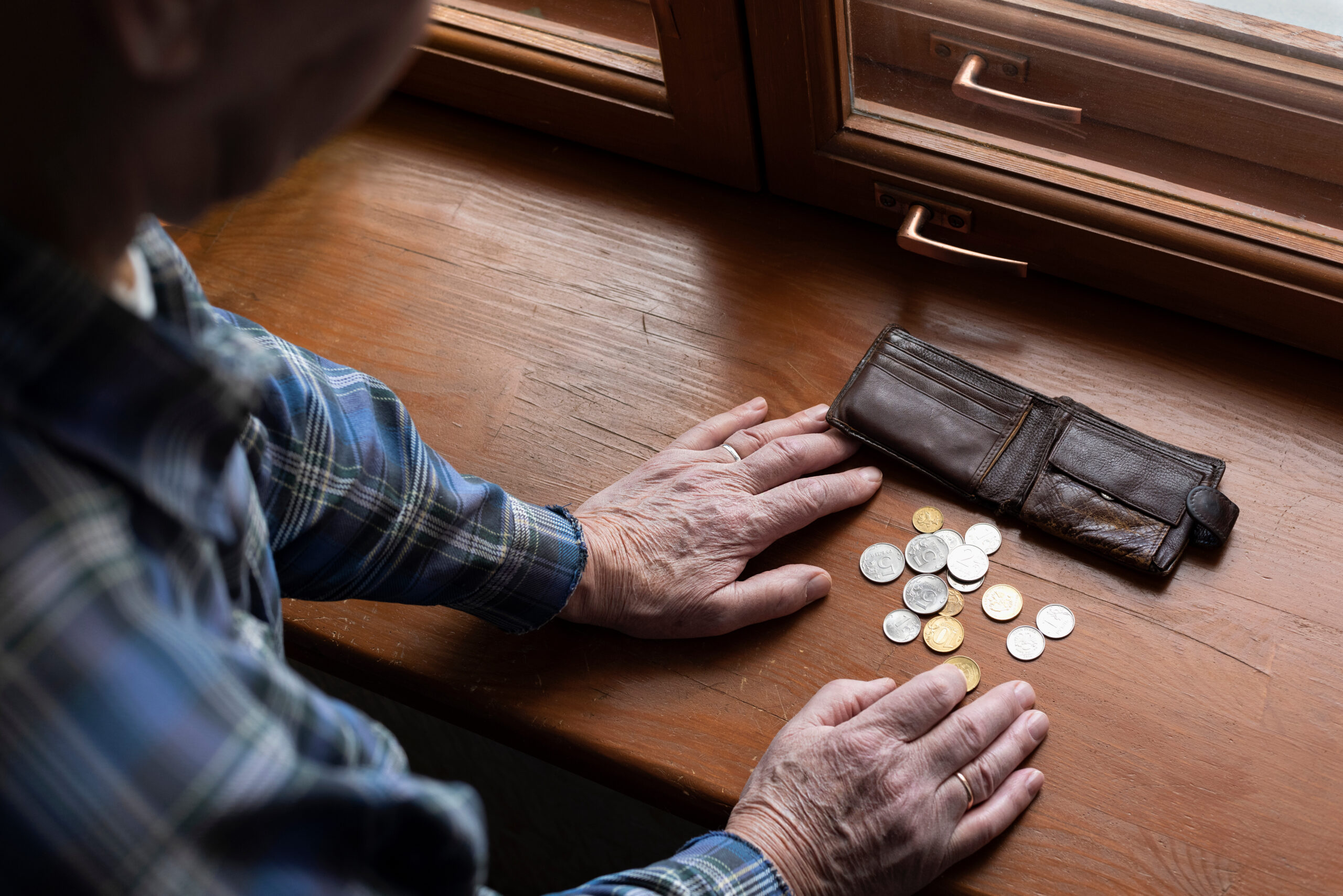Not enough Hispanic-Latino, and not enough Black. Afro-Latinos are often made to feel like outsiders by the biases of communities who force them to choose one identity over the other.
In the past ten years, the number of people across the country who identify as Black and Hispanic-Latino has increased 11.6 percent, according to a CNN analysis of census data.
”It hasn’t been easier for me to say that I am Afro-Latino because Latinos themselves don’t accept the term Afro-Latino. Because we do not accept that we are Afro-descendants,” said Yvette Modestin, founder and director of Encuentro Diaspora Afro in an interview with NHPR.
Modestin was born in Colon, Panama. A writer and activist who focuses on the Afro-descendant experience in Latin America, Modestin came to Boston as a student.
“Afro-Latinos” is a term barely known in the Hispanic-Latino community because of its rejection of Blackness. Modestin said Hispanic-Latinos often forget this population is a part of the community.
In the 15th and 16th centuries, many people of African origin were brought to the Americas by the Spanish and Portuguese. Those who were directly from West Africa mostly arrived in Latin America as part of the Atlantic slave trade, as agricultural, domestic, and menial laborers and as mineworkers. The Caribbean and South America received 95 percent of the Africans arriving in the Americas with only 5 percent going to Northern America.
“Immigrant Latinos are walking in this country free and with rights [because] of the African American civil movement,” Modesin said. But the exclusion is not only from Hispanic-Latinos. Some African Americans also see Afro-Latino people as not belonging. Modestin says during the Black Lives Matter protests, Afro-Latinos felt displaced from the cause. Some didn’t embrace it because they didn’t recognize their own Black life.
The term Afro-Latino traces to the 1970s, when Black activists in Brazil sparked a social political movement to fight for recognition in the country’s census because Brazil — at the time — did not recognize its Black citizens in the census, said Solsiree Del Moral, a professor at Amherst College who studies Latin America and the Caribbean modern history told CNN.
Created in 2004, Encuentro Diaspora Afro provides a space for Afro-Latinos and all people of African descent to explore and embrace their complex and multiple socio-political identities across the U.S. and throughout the world.
Some of the young people Modestin works with are from families who tell them to not present themselves as Black so people don’t mistreat them.
Ultimately, defining what it means to be Afro-Latino is personal. “I have stood in front of Latinos, and they are the ones who question me the most,” Modestin said. “Racism within the Latino community is such a painful thing,”
Publisher’s Note: This story is an aggregate from NHPR and CNN.
Cover Photo Credit: AMPLIFY LATINXtggt c c




